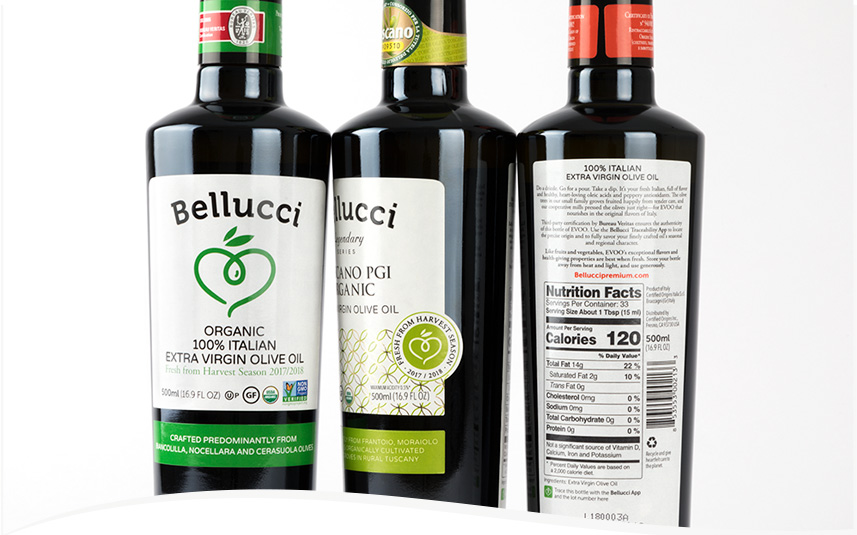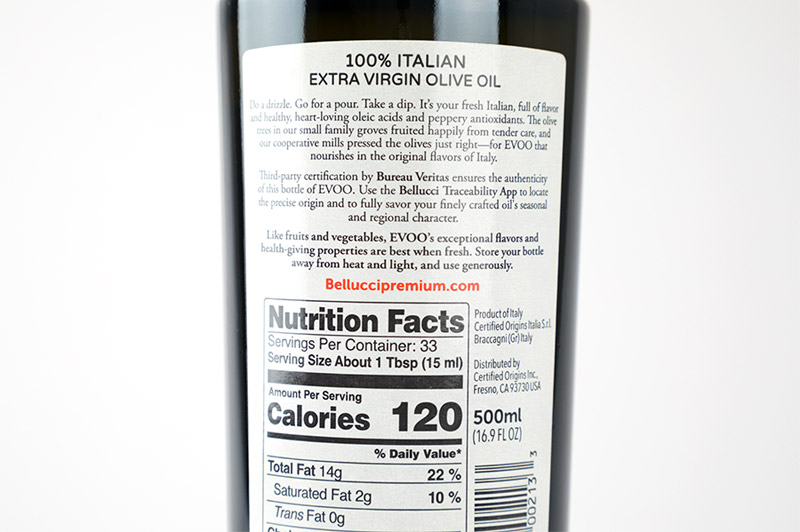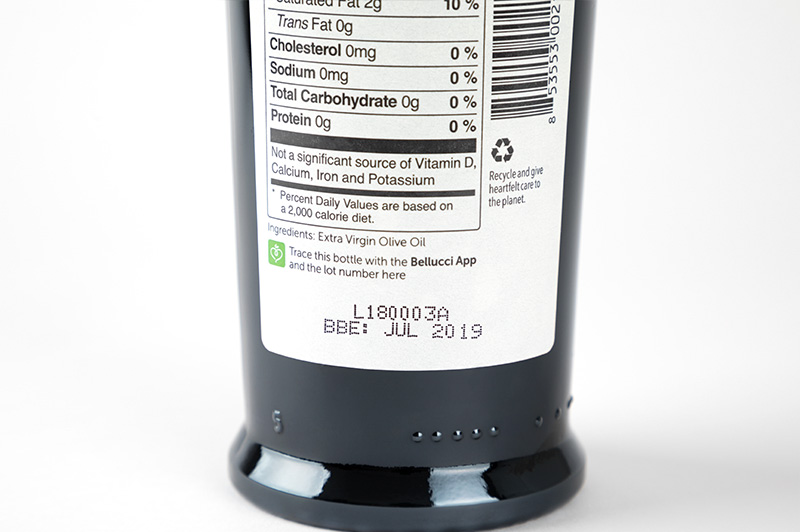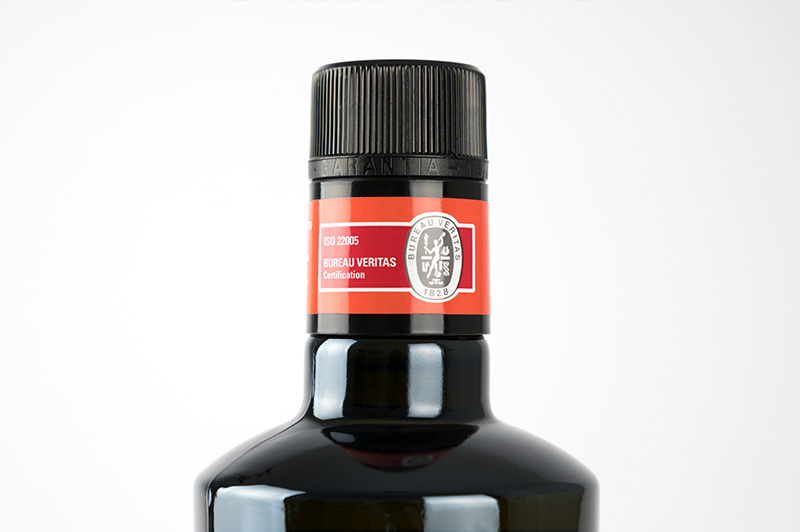The Language of Labels

“We are influenced by what is said about food the offered to us, as much as by the food itself.”
From ingredients lists to lengthy origin stories to certifications – the language of food labels can be a real mouthful!
Thanks to the prevalence of global marketing, it's sometimes hard to discern what you're really getting into when you pick an item off the grocer's shelf. Before you bite off more than you can chew, we suggest you review the below thoughts on the language of labels.
First, it's important to note that we are all influenced by language in interesting and subtle ways. Applied linguist and researcher Guy Cook (whose work has focused largely on the marketing of organic food) once said “We are influenced by what is said about food the offered to us, as much as by the food itself.”
With that in mind, it's important to take a closer look at your favorite products. It's no secret that labels and packages are designed specifically to persuade buyers to make a purchase – but upon examination, many of the words and phrases used to sway consumers in favor of a product are loaded. Though fraught with feeling or emotional impact, they are not actually very meaningful.
In fact, many have extremely loose definitions – if they are defined at all. Here are a few of the most common feel-good phrases we've identified, which require a closer look.
-
Natural. Products claiming to be natural or “all-natural” should not contain any artificial ingredients or colors. However, there is no legal definition – meaning that in order to be labeled “natural” a product must only define the meaning of that statement on its label.
-
Minimally processed. The level of processing to which your foods have been subjected can often be inferred through context (whole olives, for example, are obviously less processed than an olive tapenade) – however, there is no certification process or guideline in place for determining the validity of products who claim to be “minimally processed”.

-
Humane. USDA does not regulate the use of this term – though there are independent organizations which provide animal husbandry review and independent certification.
-
Locally grown. The term “local” is not defined by the USDA, though most states offer their own guidelines for the term. Products which follow the guidelines of their home state should also have the state-specific logo included on their label.

-
100% Pure. Believe it or not – this is also an unregulated term. Grocery items which include this term on their label should also display proof of their independent certification of quality from a trusted third party (such as Bureau Veritas), in order to maintain trust.

If all this seems overwhelming – don't despair! Instead of spending your time suspiciously analyzing the language of your grocery labels, wondering what they are all about - you can simply look for the symbols of tried-and-true certification organizations.
Grab the closest bottle of Bellucci, and you'll see our products are clearly stamped with the seals which of organizations such as Bureau Veritas, USDA, and the European Commission. All of our extra virgin olive oils are verified Kosher, Paleo, Gluten Free, and non-GMO by the most trusted authorities. Our most prized products have also been certified USDA Organic, as well as having received approval for the European Union's Protected Geographical Indication (Toscano PGI Organic).
We go above and beyond to provide complete transparency into the quality and authenticity of our products – which is why we encourage you to use our traceability tool to follow your bottle back to its birthplace.
We invite you to support the health of your family and self, by taking a fresh look at transparency. When you grow tired of navigating the language of labels – simply pour more Bellucci!





